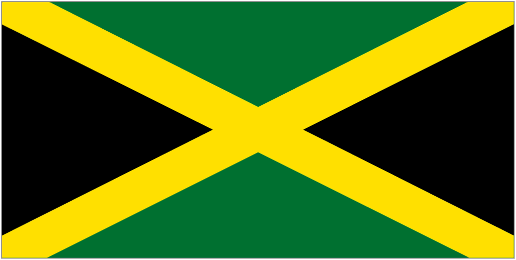 | ||||
| EN GARDE: Will a lack of funding keep British fencers out of Tokyo 2020? (British Fencing) |
By Steven Oldham
On the face of it, the UK Government's £3m Tokyo 2020 Aspiration Fund for non-UK Sport funded British teams can only be seen as a good thing.
Grants of up to £500,000 should not be readily dismissed by sports currently receiving nothing from the public purse, and one off-investments of this size are astronomical for developing sports like wheelchair rugby, and the new to the Olympics karate and surfing.
However, given that almost half the current cycle is over, and the Games less than two years away, the timing of last week's announcement is a little strange.
Most sports, predictably, have reacted positively. British Fencing, Badminton England and Skateboard England are among the governing bodies preparing bids.
British Handball however, pointed out that qualification in their sport is underway and the decision to issue this funding was made far too late with both men's and women's teams already eliminated. A lack of funding since being axed from the ruthless World Class Programme after London 2012 was also mentioned, stating it was unrealistic to expect a vast improvement in the short time between now and the Games in any case.
Airing this negativity publicly may backfire in the long run for them. They could still apply for the money for the community and health sides of their sport, and secure a decent amount to improve their teams and facilities ahead of the 2024 Games. Whether they do remains to be seen.
The cap of £3million also leads to the very real possibility of a sport/s submitting a bid and still being refused money. The five new sports joining the Games in 2020 bring the number of unfunded Olympic sports in Team GB to 19.
UK Sport's medal-hungry strategy of financing the most successful sports makes sense when looking at the results table, but at the same time leaves developing sports well behind in glory, exposure and legacy. It's a Catch-22 situation for these sports, success brings funding, but with no funding, rarely comes success.
This is why despite this money being opened up to these sports, realistically it's a drop in the ocean compared to what is needed to make them regularly competitive. If a sport secures the full £500,000 backing on offer, that's still a fraction of what Team GB's modern pentathletes (£6.65m) were afforded for the Tokyo cycle, who failed to get among the medals in Rio.
Funding will be given not only on potential sporting improvement, but the impact sports can have on their communities, increasing participation and the benefits to both physical and mental health.
These criteria are met by most sports, but particularly team games such as basketball and volleyball. Basketball has huge participation numbers anyway, especially among the younger members of society the tagline 'Inspire A Generation' was made for.
It's no secret British Basketball have had financial issues, needing a bailout from UK Sport this year to ensure the men's team could complete World Cup qualifiers, ultimately unsuccessfully. Having the real possibility of having to disband their teams lingering over their heads cannot be conducive to good performances on court.
Decisions on funding being granted are expected in December, and I feel every one of these marginalised sports needs to apply. Regardless of their realistic hopes of making 2020, the funding could help massively improve existing facilities and attract further investment down the line.
This can only benefit sports needing to attract new members, while also improving performance. Not applying now will presumably not be viewed kindly in the eyes of UK Sport and with five new sports vying for money, and decisions to be made following the public consultation over the 2024 cycle, now is the time they need to be proactive.
























